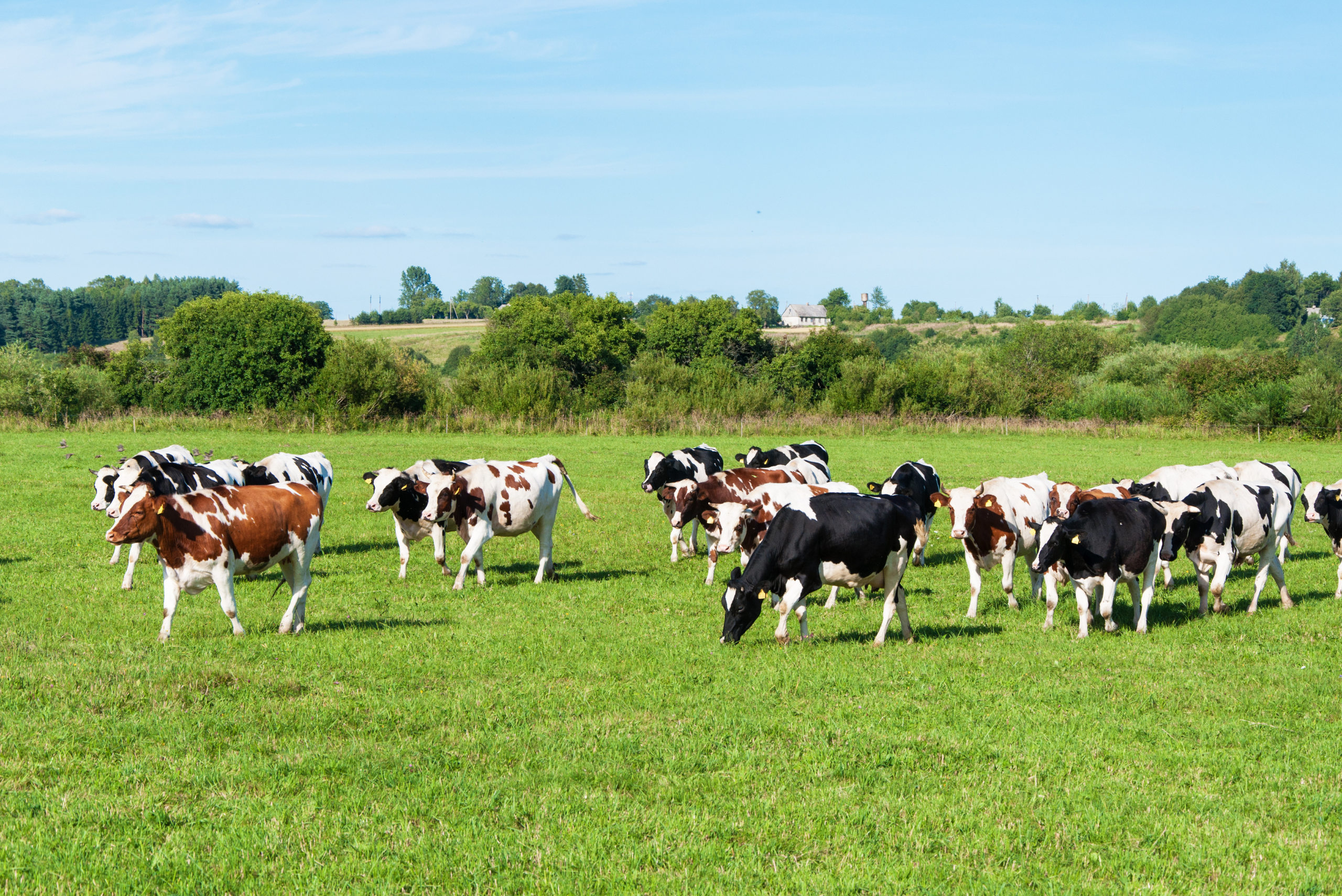In this week’s episode of The Habit Podcast, Brian Brown brings up Isaac Watts’s hymn “Jesus Shall Reign” (one of my favorites). Particularly, Brian speaks about these lines, which sound a little funny now:
Let every creature rise and bring
Peculiar honors to our King.
Peculiar, of course, is the word that got our attention. In the eighteenth century, when the hymn was written, peculiar didn’t mean “odd or strange” so much as “particular” or “special,” or “belonging to one person.” Watts’s idea was that every person and creature had unique and specific gifts to offer back to the King who gave those gifts in the first place.
Peculiar’s decline from “special” to “weird” is an example of pejoration, the semantic process by which a word goes from positive or neutral connotations to negative connotations. When words move the other direction, from negative connotations to positive, the process is called amelioration. Terrific, for example, used to mean “eliciting terror” before amelioration turned it into a synonym for neato.
You may be surprised to learn that the etymology of peculiar involves cows. In Latin pecū meant a herd of cows. Since cows were an important measure of wealth, the Latin word for private property was peculium. The same root, pecū appears in pecuniary (“relating to money”) and impecunious (“lacking in money). Peculiaris meant “relating to one’s personal property”—or, you might say, “relating to what belongs to a individual person.” So then, that which is peculiar belongs specifically to one person. One suspects that somewhere along the line, some church ladies somewhere started using peculiar half-euphemistically, half-ironically because it wouldn’t be nice to call somebody weird.
Fee is another word with cows in its past. The Old English word feoh originally meant “livestock” or “moveable property.” Again, since livestock was an important signifier of wealth, the meaning of feoh expanded to mean “riches, treasure, money.” There’s another strand going back through the Norman French side of the English language family, related to the word fief, but that strand also apparently ties back to the same origin as feoh. It’s cows all the way down.
This one really blew my mind: the word cattle comes to us along the same path, perhaps from the opposite direction. One way to calculate your wealth is to count the heads of your cows. Latin for “head” is caput; capitalis is the adjective form, “relating to the head.” Apparently that’s why the word capital came to mean “wealth.”In Norman French, the word became catel. In English we ended up both with capital (money-wealth), and cattle (cow-wealth).
One last bit of cow-related wordery: the Sanskrit word for war, gavisti, means literally, “the desire for more cows.” You go to war in order to get other tribe’s wealth—cows—for your tribe.
Moving on from cows, I also got interested in words related to idiosyncrasy, which is more or less a synonym for peculiarity, though it is more value-neutral. The first part of the word derives from the Greek idios, meaning “personal, private, pertaining to oneself.” The second part of the word, –syncrasy, means something like “personal makeup” or “mixture of characteristics.” Specifically, that’s syn (together) + krasis (mixture). Idiosyncrasy, then, is the way a particular person is mixed together. An idiom is a way of talking that is specific or peculiar to a group of people.
In case you have ever wondered whether the word idiot is related to idiom and/or idiosyncrasy, it is, though not directly. Again, idios means “personal, private, pertaining to oneself.” In ancient Greek, an idiotes was a person who, lacking professional skills, did not participate in public life, instead keeping to himself. In literal terms, an idiotes was a private person, but the usage came to be applied to the ignorant and the mentally challenged.








